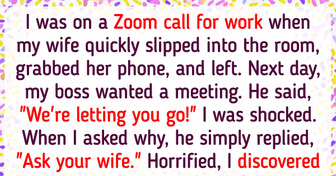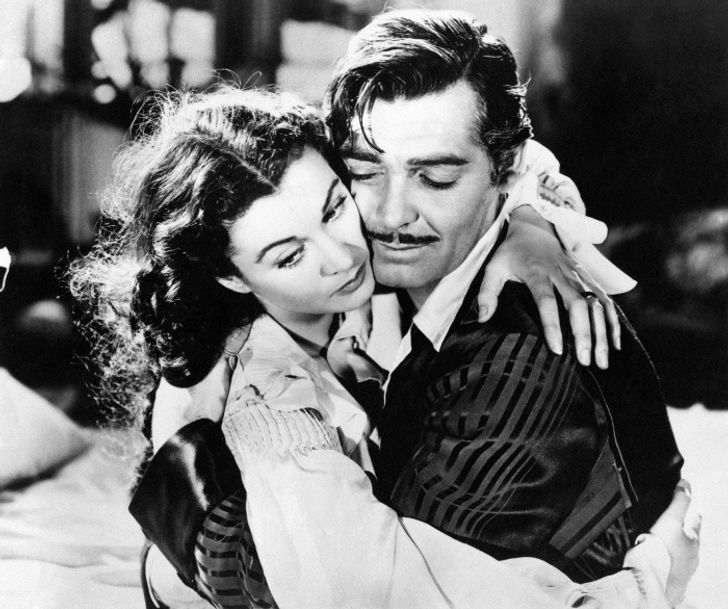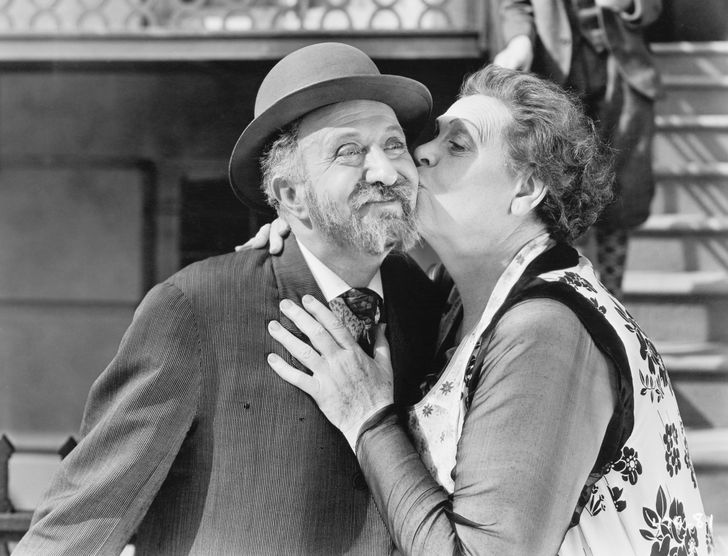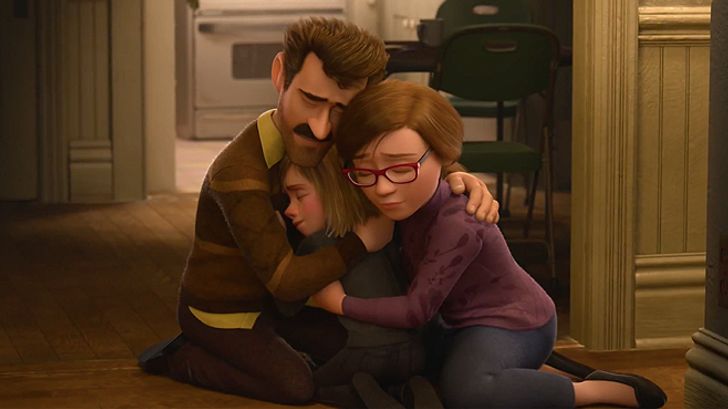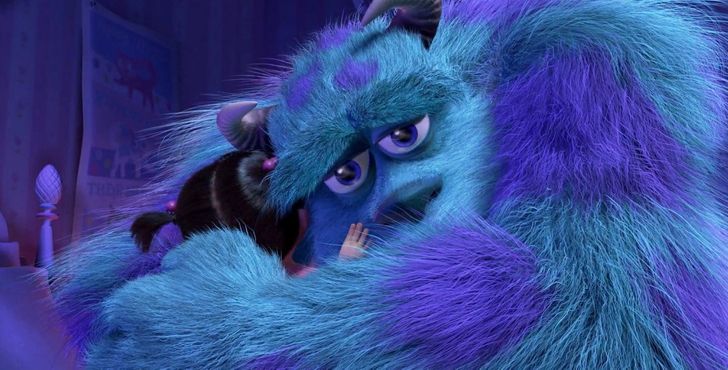So, hugh are just awesome! :)
7 Health Benefits Regular Hugs Can Bring You
An American family therapist, Virginia Satir claimed that we need 4 hugs a day for survival, 8 hugs a day for maintenance and 12 hugs a day for growth. Cuddling seems to be a universal way of showing one’s excitement, love, happiness, and even sadness. Turns out, not only should we thank hugs for bringing us that warm feeling when holding someone in our arms, but for a bunch of benefits related to our physical and psychological health as well.
We at Bright Side love hugs, so we looked through medical studies to find out how our bodies can benefit from cuddling. Here’s what we’ve found.
1. Hugs contribute to a better immune system.
Hugs are known to be a good remedy to fight stress. However, that’s not the only physical benefit cuddling brings us. A study held at Carnegie Mellon University, together with the University of Pittsburgh School of Medicine, showed that supporting other people with cuddling decreases their chances of getting sick. The experiment was held among 404 adults that were exposed to a virus causing the common cold. The participants were split into 2 groups: the first group of adults was given greater support and cuddles while the rest were left without them. The result showed that cuddling had an attenuating effect on those who were exposed to regular hugs; moreover, those who still got sick had less severe signs of the illness.
2. Hugs improve your nervous system.
Cuddling stimulates the nervous system by decreasing the feeling of loneliness, fighting inner fears, and helping to increase self-confidence. Moreover, supporting other people through touch helps them feel your appreciation and support, thus affecting one’s overall body health positively.
3. Hugs promote better blood pressure.
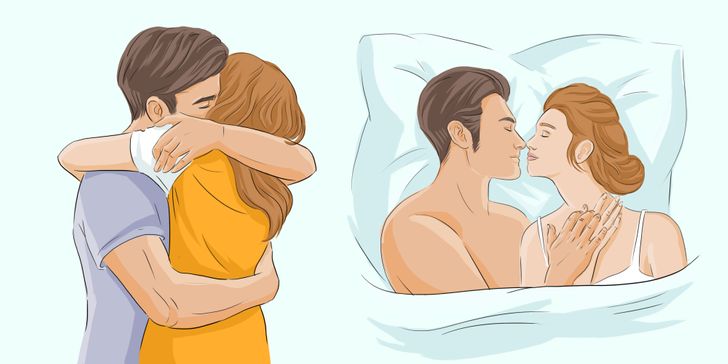
According to scientists, hugging people is a huge stress-reliever, and by decreasing your stress levels, you also do your blood pressure tons of good. This benefit is more evident in women, but it affects both sexes.
4. Hugs make you feel happier.
5. Hugs reduce pain.
A study held by New York University showed that some forms of touch can help reduce pain. In the experiment, the so-called “therapeutic touch” helped people with fibromyalgia syndrome to feel less pain. The participants also claimed that their life quality had improved within 6 sessions of touching treatment. Since hugging is one of the forms of touching, it can contribute to pain reduction as well.
6. Hugs relieve feelings of tiredness.
In a study called “Meanings of Hugging: From Greeting Behavior to Touching Implications”, Lena Forsell and Jan Åström identified several great benefits a brief 10-second hug gives us. Among many others, they outlined that hugs help fight the feeling of tiredness as well as contribute to one’s psychological well-being.
7. Hugs reduce social anxiety.
Thanks to oxytocin, as we’ve already mentioned, cuddles help fight feelings of social anxiety. Try hugging a person you know when you arrive at a new party and you’ll notice how confident, easy-going, and sociable you’ll become. This is all because oxytocin inspires us to think positively and have a more positive outlook on the world.
While some people might keep hugging 24/7, others are happy with just 5 minutes of hugs every day. Which group are you in?
Comments
time to go hug my dearest ones ???
A hug is just amazing
Related Reads
17 Handymen Who Have a Story to Tell About Their Job

I Denied My MIL Access to My Baby—So She Dared to “Teach Me a Lesson”
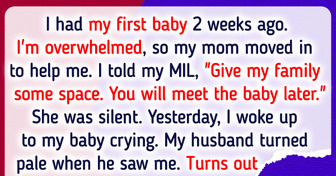
10 Terrifying True Stories to Keep You Awake All Night

I Refuse to Babysit My 3 Stepchildren for Free
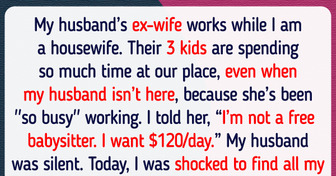
15 True Stories That Could Be on Netflix’s Must-Watch List

My Sister-in-Law Secretly Performed a DNA Test on My Toddler

My Husband Missed Our Child’s Birth for a “Bigger Priority”
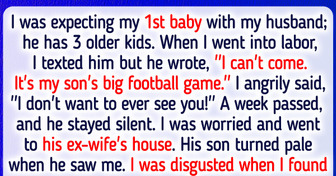
My DIL Broke My House Rules—I Made Her Face the Consequences
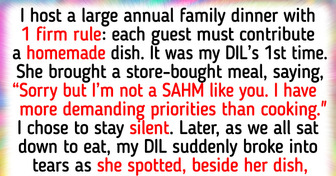
15 Childhood Stories That People Still Share With a Smile on Their Faces

14 Betrayal Stories That Prove You Can Trust Absolutely No One
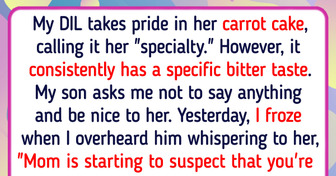
16 Vacations That Fell Apart Before the Sunscreen Was Even Uncapped
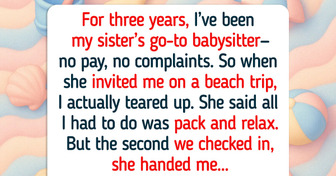
12 People Whose Jobs Ended in the Biggest Disasters
